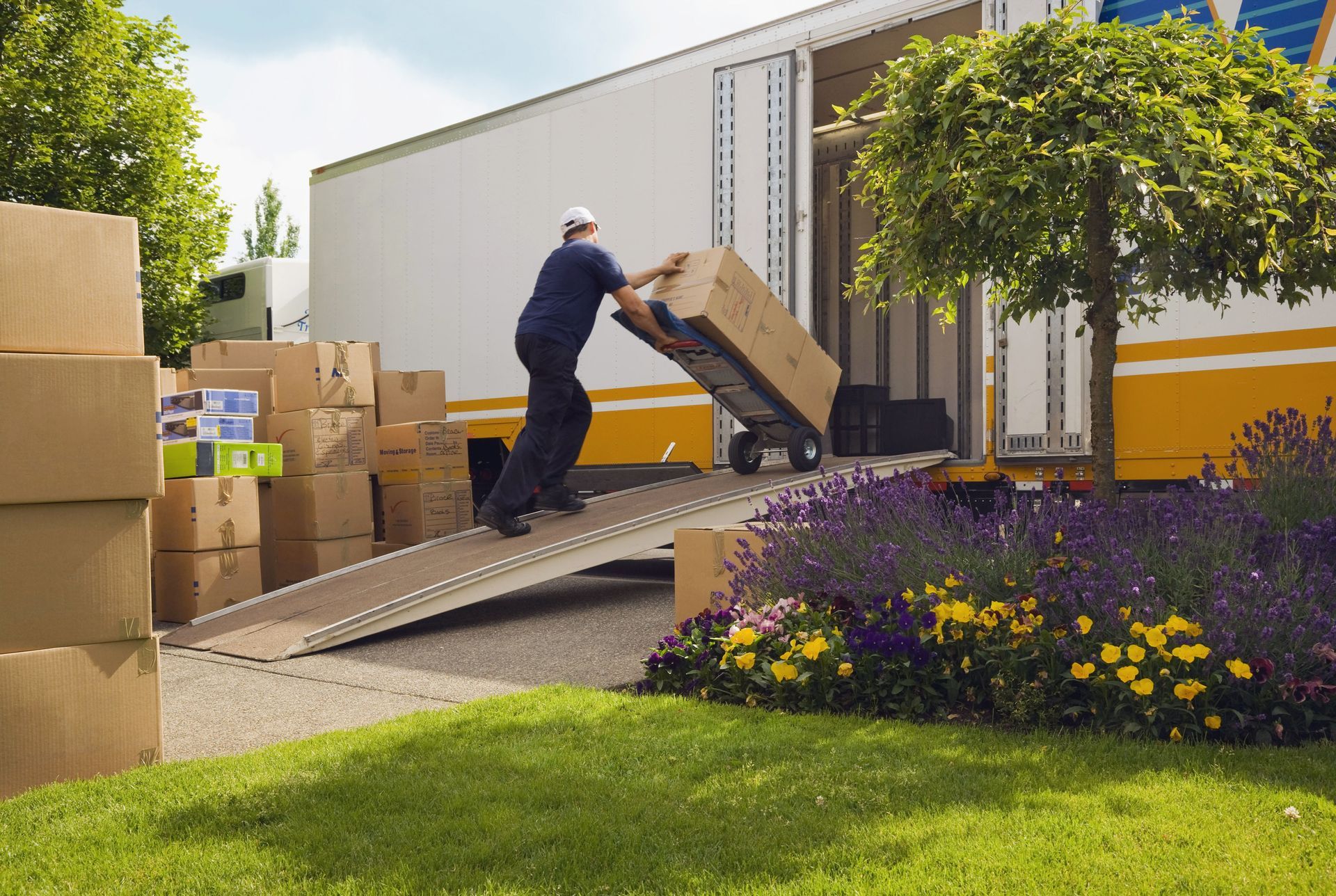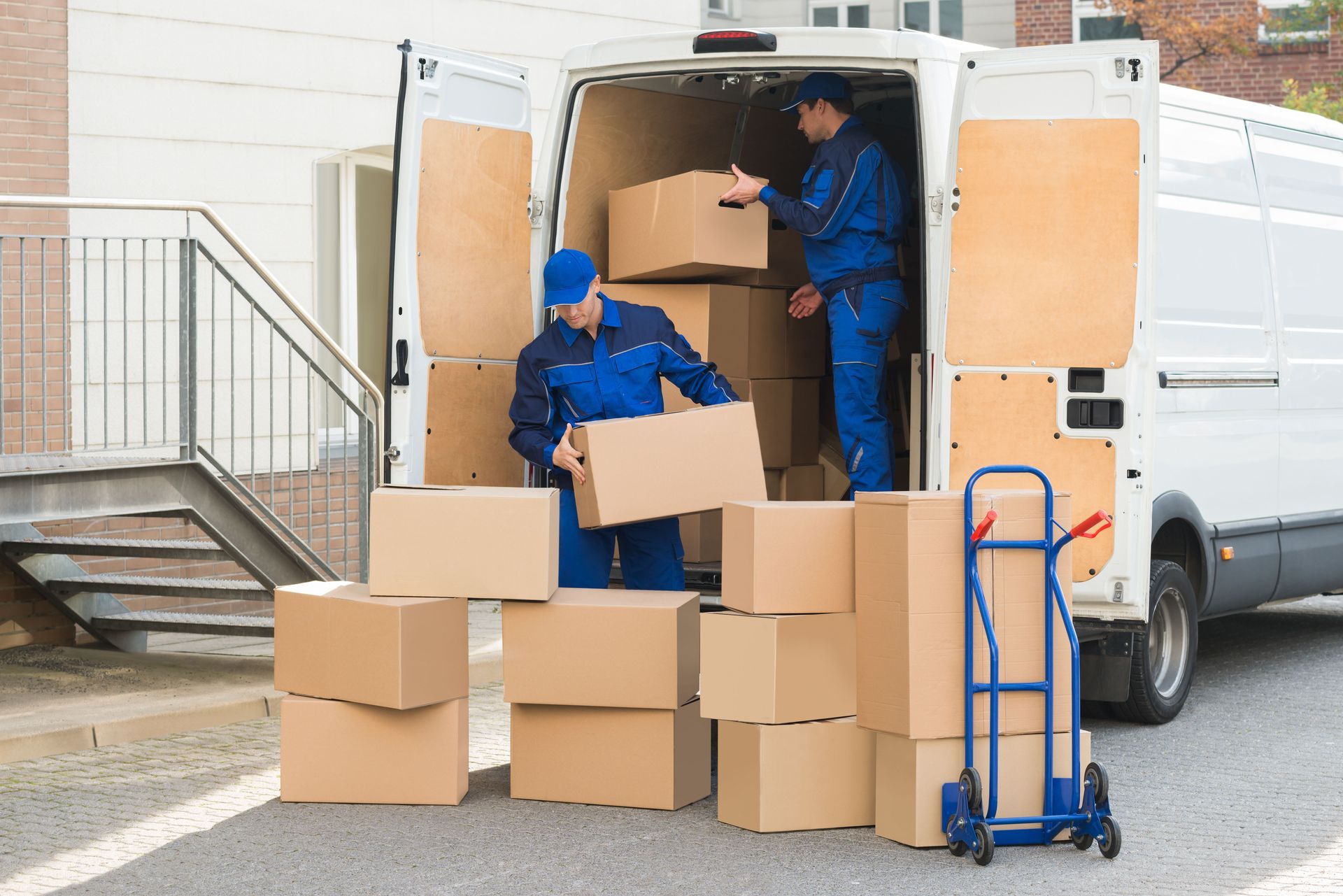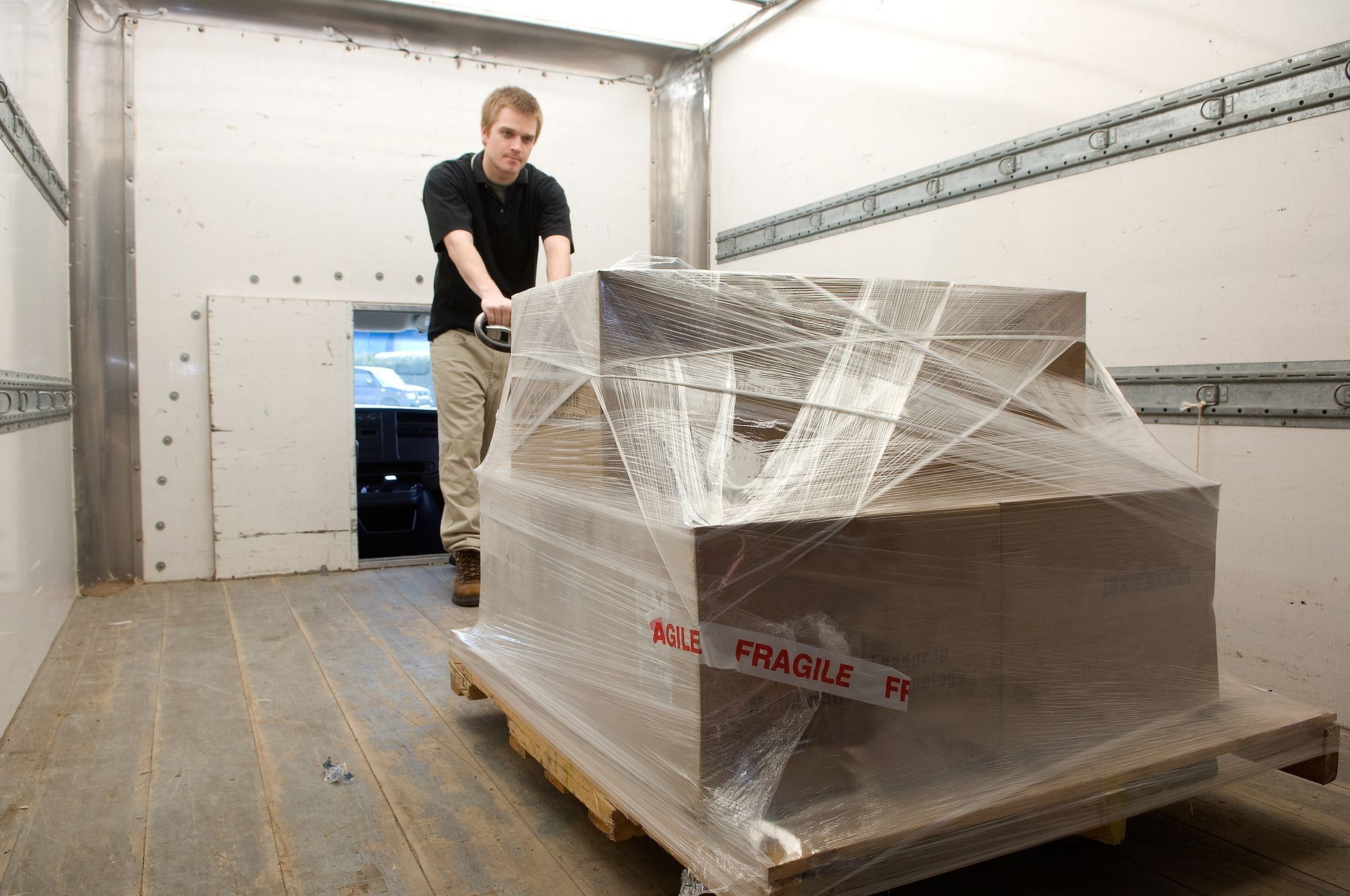August 7, 2025
Relocating to a new home can be both exciting and overwhelming. From the emotional weight of leaving familiar surroundings to the logistical challenges of packing and organizing, it’s a journey that demands thoughtful planning. Many moving businesses offer tools and services to simplify the process, but preparation on your end is still essential.
According to ConsumerAffairs, the typical American moves nearly 12 times in their lifetime, making relocation a regular part of modern life. With so many moves ahead, knowing how to prepare your home and family properly can make each transition smoother and less stressful. Building strong relocation habits now can save time, money, and stress with each future move.
Planning Early
The sooner you begin planning, the better. We typically recommend starting the relocation process six to eight weeks before your move date. This gives you enough time to create a comprehensive moving checklist, gather packing materials, and begin organizing your household. Starting early also allows you to tackle tasks gradually instead of rushing everything at the last minute.
Begin by researching different moving businesses to compare services, pricing, and customer reviews. Booking early not only ensures availability but may also help secure better rates. Creating a calendar with tasks assigned to each week leading up to the move can keep you organized and reduce last-minute chaos. By planning early, you can better anticipate challenges and handle them before they become stressful.
Budgeting Wisely
Moving can be expensive, but a well-crafted budget can help you manage costs and avoid surprises. Start by listing all potential expenses: moving supplies, professional movers, transportation, cleaning services, and temporary lodging if needed. Don’t forget to account for hidden costs like security deposits or utility setup fees. Taking the time to itemize everything ensures you won't be caught off guard by overlooked expenses.
To get the best value, request estimates from multiple moving businesses and carefully review what each package includes. Keeping a contingency fund for unexpected expenses is also a smart move. A clear budget provides peace of mind and allows you to stay in control throughout the moving process. Taking the time to compare options ensures you select a service that aligns well with your needs and financial plan. Being thorough now can save you both money and headaches later on.
Decluttering Efficiently
Before packing, take the opportunity to declutter. Moving items you no longer need only adds to your workload and expenses. A simple system of sorting items into four categories, keep, donate, sell, or toss, can streamline the process. Reducing your belongings before the move also helps you start fresh and more organized in your new space.
Decluttering not only lightens your load but can also make the moving process easier and more efficient. Reducing the number of items you bring helps simplify packing and unpacking. Host a garage sale or use online platforms to sell unused items and make a little extra cash for your move. Decluttering can also be emotionally liberating and give you a fresh start in your new space.
Packing Strategically
Efficient packing is an art. Begin with items you use infrequently, like seasonal decor or books. Clearly label each box with its contents and the room it belongs in. Using color-coded labels can further streamline the unpacking process. This method not only saves time later but also reduces the likelihood of misplaced or lost items.
For fragile items, use bubble wrap, packing paper, or even clothes and towels for padding. Pack room by room to stay organized and reduce the chances of forgetting items. If you feel overwhelmed, many moving businesses offer professional packing services that can save you time and ensure items are safely packed. Investing time in packing correctly can prevent damage and make unpacking more efficient.
Communicating Clearly
A successful move requires good communication, both within your household and with any professionals involved. Make sure every family member knows the moving timeline and their individual responsibilities. Hold regular check-ins to stay on track and adjust plans as needed. Keeping everyone informed helps prevent misunderstandings and ensures a smoother moving day.
Transparency is also key when dealing with moving businesses. Be clear about what you expect, ask questions about their process, and confirm details in writing. The more information shared, the fewer chances for misunderstandings or delays. Clear communication reduces confusion and helps everyone stay on the same page.
Preparing Kids and Pets
Children and pets can be particularly sensitive to changes in their environment. To ease the transition, involve your kids in the planning process by allowing them to pack a box of their favorite things. Visit the new neighborhood virtually or in person, if possible, to build familiarity. Offering reassurance and maintaining routines can help reduce their anxiety during this big change.
For pets, keep their routines consistent leading up to the move. Ensure they have a safe and quiet space on moving day, and make arrangements for transportation. Many resources are available to help you prepare your pets for relocation, which can make the process easier for the whole family. Helping kids and pets adjust emotionally can make a big difference in the overall success of your move.
Securing Essentials
Pack a "first-night" box with necessities like toiletries, a change of clothes, important documents, snacks, chargers, and any items you'll need immediately after arrival. This will save you from digging through boxes after a long day of moving. Having these essentials on hand helps you settle in comfortably without unnecessary stress.
Keep all essential documents, such as IDs, birth certificates, medical records, and lease agreements, in one secure folder. Many moving businesses recommend creating a digital backup of these documents for added security. Also, prepare an emergency kit with basic medical supplies and tools, just in case. Keeping essentials easily accessible ensures a smoother transition into your new home.
Finalizing Logistics
In the final week before your move, focus on tying up loose ends. Cancel or transfer utilities, update your address with banks and subscriptions, and schedule mail forwarding with the post office. Conduct a final walk-through of your old home to ensure nothing is left behind. Double-checking these details prevents last-minute surprises and helps you start fresh in your new home. Staying organized during this final stretch makes the transition less stressful and more manageable.
Create a checklist of last-minute tasks, including emptying the refrigerator, taking out the trash, and returning borrowed items. Some moving businesses recommend moving day checklists, which can be incredibly helpful for ensuring you don’t miss any critical steps. Finalizing logistics ahead of time helps avoid last-minute surprises and keeps the process on track.
Relocating doesn’t have to be a chaotic experience. With early planning, thoughtful communication, and strategic organization, you can prepare your home and family for a smooth transition. Choosing the right moving businesses to support your efforts only enhances the success of your move. Taking control of the process empowers you to focus on what truly matters, settling into your new home comfortably.
Ready to make your next move your smoothest yet? Let Top Dog Moving handle the heavy lifting while you focus on your family and your future. Contact us today to get a free quote and expert support every step of the way.






